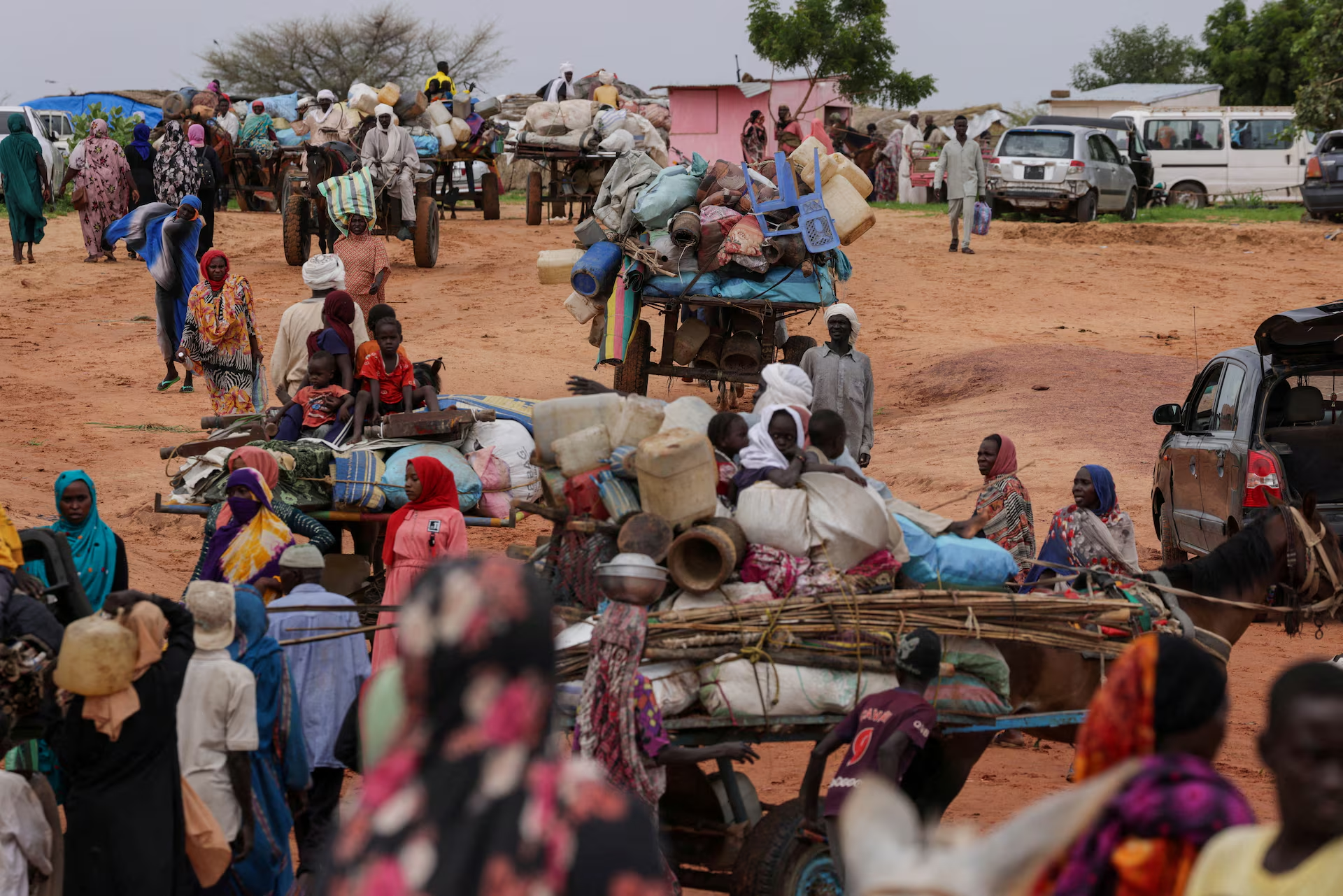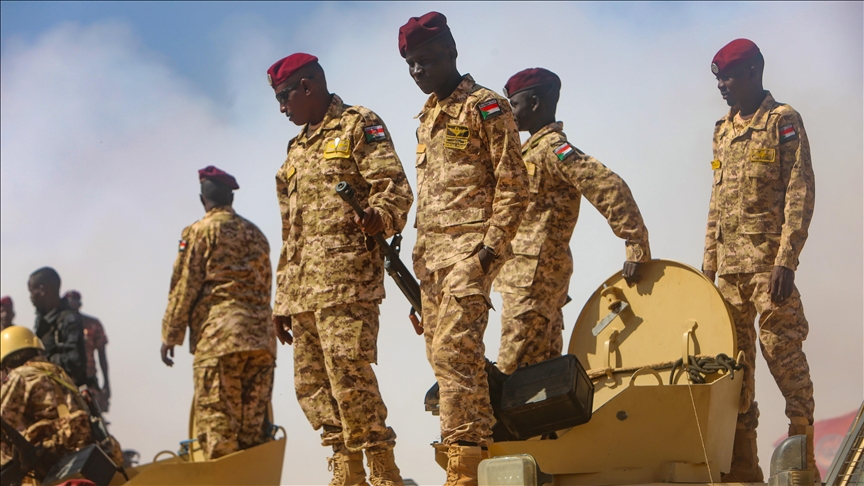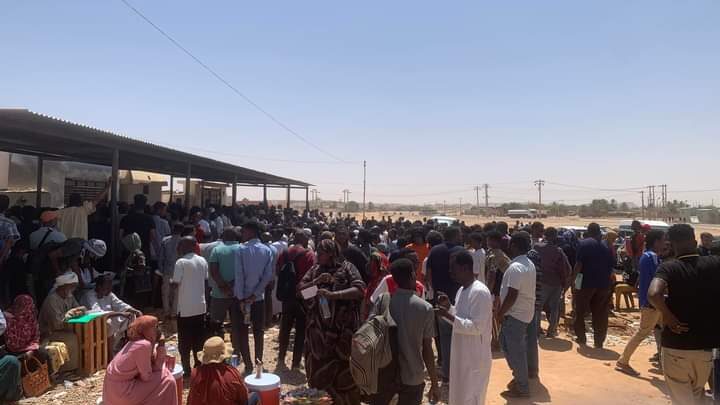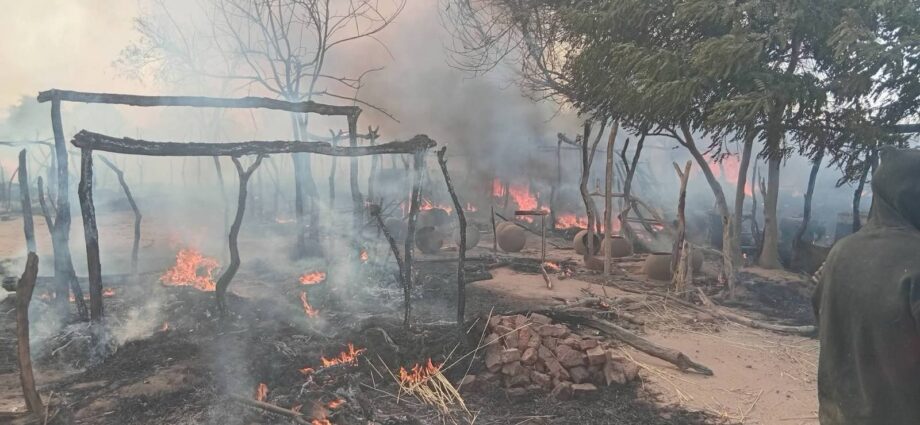
Sudan’s Rapid Support Forces (RSF) have laid out a vision for establishing a new Sudan built on democratic governance, sustainable peace, and national institutions that reflect the country’s diversity.
The RSF acknowledged that it is involved in a conflict that emerged on April 15, a war between those seeking equal citizenship and pluralism versus those striving to return to authoritarian rule.
This conflict is not new but a manifestation of Sudan’s deep-rooted crisis of governance, dating back to independence.
Throughout Sudan’s history, various groups from the peripheries have attempted peaceful change, only to be met with violence by leaders holding power through force. These leaders, unable to address grievances politically, resorted to repression, leaving the country with instability, civil wars, and economic weakness.
Despite the outbreak of war in April of 2023, the RSF maintains that a peaceful solution to Sudan’s crisis is possible.
The group has actively participated in international efforts to achieve a comprehensive political resolution. This would involve all stakeholders to tackle the root causes of conflict, aiming to build a Sudan rooted in democracy, diversity, and social justice.
To reach a lasting settlement, the RSF outlines several key principles:
- Governance: A democratic, civilian-led government must be established, with power shared among Sudanese citizens through free and fair elections. This system must reflect the nation’s diversity and ensure that all regions have representation.
- Local Empowerment: Local governance is essential, allowing communities in Sudan’s peripheries to manage their own affairs. A federal system with shared powers between the national and regional governments is proposed.
- Ending Power Monopolies: The RSF emphasizes dismantling illegitimate power monopolies rooted in ideology, tribalism, or regionalism. Power must be returned to the people through democratic means.
- Sustainable Peace: Sustainable peace requires addressing deep inequalities, particularly in political representation and wealth distribution. Peace is not just the absence of war but also the elimination of state-sponsored violence and inequality.
A critical part of this vision includes the formation of a new national army, free from political interference and reflective of Sudan’s diversity. Civil and military institutions should be professional and independent, serving all citizens equally.
The RSF calls for legal reforms to combat hate speech, promoting peaceful coexistence and respect for Sudan’s cultural and ethnic diversity.
The RSF identifies several central issues for negotiations, including the establishment of a civilian-led transitional government, achieving comprehensive and just peace, implementing federalism, and ensuring transitional justice for past atrocities. Additionally, they advocate for the drafting of a new constitution that represents all Sudanese people and respects cultural diversity.
The role of the December 2018 revolution:
The truth is that since December 2018, Sudan has experienced a successful revolution that ousted the Bashir regime and removed elements of the old regime from power.
This revolution has opened the door wide for building a new, democratic state.
This revolution was led by known leaders and political, civil, professional, and armed organizations, all of which have an unwavering commitment to change and democratic transformation.
Therefore, participation in the political process must primarily include the forces that stood up to the tyranny of the Bashir regime and brought it down, whether these forces are from the center or the peripheries. These include professionals, resistance committees, youth, and women.
Fair representation for marginalized areas:
There must be fair representation for the marginalized regions of Sudan, particularly those areas that have long suffered from the horrors of war. This participation should not include the National Congress Party and the elements of the old regime, who have continuously worked to obstruct democratic transformation, even by resorting to war.
Additionally, participation should exclude groups and individuals who have worked, either openly or secretly, against change and democracy during the years following the fall of the Bashir regime. These individuals and entities, aligned with the former regime, have consistently acted to derail the democratic process.
The parties involved in the comprehensive solution:
The process of reaching a comprehensive solution and establishing a new Sudanese state must include the forces that have consistently fought against the return of authoritarianism and dictatorship. This includes those who have participated in the revolution and resisted the old regime.
Their inclusion is crucial in order to ensure that the solution represents the aspirations of all Sudanese people and leads to the establishment of a truly democratic and just Sudan.




